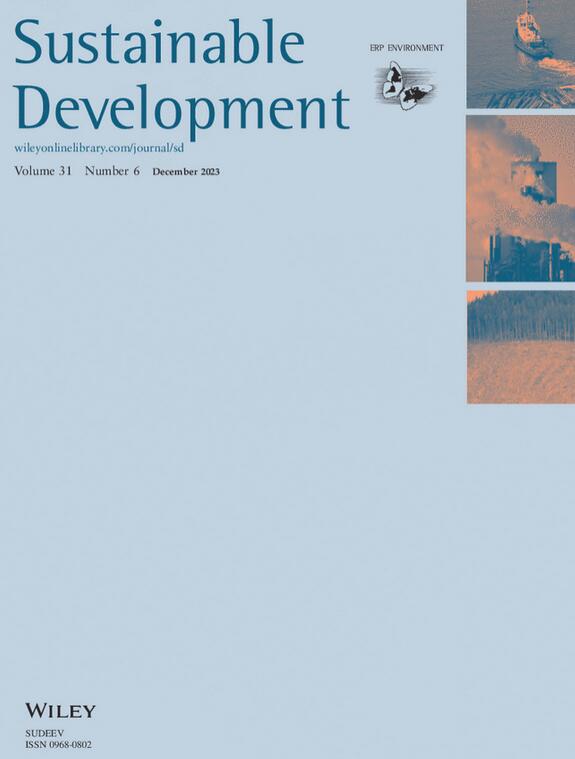Energy and the social contract: From “energy consumers” to “people with a right to energy”
IF 9.9
1区 环境科学与生态学
Q1 DEVELOPMENT STUDIES
引用次数: 0
Abstract
Throughout the last decade, the goal of acknowledging and alleviating energy poverty has made its way to the core of energy policies across the world, including the high‐standing SDG7 as a benchmark. While much debate is still devoted to conceptual and empirical clarifications, its measurement through indicators, or the appropriate policies aimed at tackling it, there is widespread acceptance that energy poverty impacts tens of millions of lives across Europe and beyond. More recently, energy poverty has been deepened by a succession of international crises. We argue that the responses currently enacted to address energy poverty, in the context of these overlapping crises, point to a more profound problem that pre‐existed the crises and reflects the current paradigm for household energy access. In this article, we aim to tie some of the loose ends in debates around the right to energy. We address some essential underpinnings of a rights‐based approach to energy, by connecting existing narratives to the broader scope of the social contract, used as a concept which bears implications on the social and economic arrangements emphasized by the fundamental pillars of SDGs. We argue that, because energy markets are highly sensitive to instability and crisis contexts, there is a need to shift the paradigm from energy as a commodity purchased by consumers from markets towards energy as a right of people living in modern political communities, and tailoring energy policies around the right to energy.能源与社会契约:从“能源消费者”到“享有能源权利的人”
在过去的十年里,承认和缓解能源贫困的目标已成为世界各地能源政策的核心,包括作为基准的高标准可持续发展七国集团。尽管仍有许多辩论致力于概念和实证澄清、通过指标衡量或旨在解决这一问题的适当政策,但人们普遍认为,能源贫困影响着欧洲及其他地区数千万人的生活。最近,一系列国际危机加剧了能源贫困。我们认为,在这些重叠的危机背景下,目前为解决能源贫困而制定的应对措施指出了危机之前存在的一个更深刻的问题,并反映了当前家庭能源获取的模式。在这篇文章中,我们的目标是解决围绕能源权的辩论中的一些悬而未决的问题。我们通过将现有叙述与更广泛的社会契约联系起来,解决了基于权利的能源方法的一些基本基础,社会契约被用作一个对可持续发展目标基本支柱所强调的社会和经济安排有影响的概念。我们认为,由于能源市场对不稳定和危机环境高度敏感,因此有必要将能源模式从消费者从市场购买的商品转变为生活在现代政治社区的人们的权利,并围绕能源权制定能源政策。
本文章由计算机程序翻译,如有差异,请以英文原文为准。
求助全文
约1分钟内获得全文
求助全文
来源期刊

Sustainable Development
Multiple-
CiteScore
17.30
自引率
11.20%
发文量
168
期刊介绍:
Sustainable Development is a publication that takes an interdisciplinary approach to explore and propose strategies for achieving sustainable development. Our aim is to discuss and address the challenges associated with sustainable development and the Sustainable Development Goals. All submissions are subjected to a thorough review process to ensure that our readers receive valuable and original content of the highest caliber.
 求助内容:
求助内容: 应助结果提醒方式:
应助结果提醒方式:


